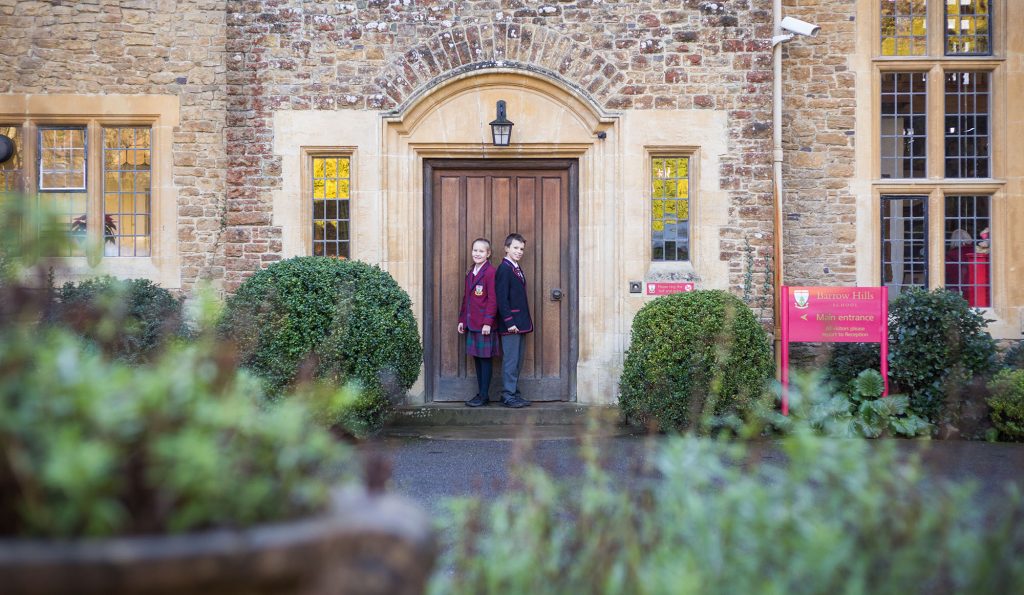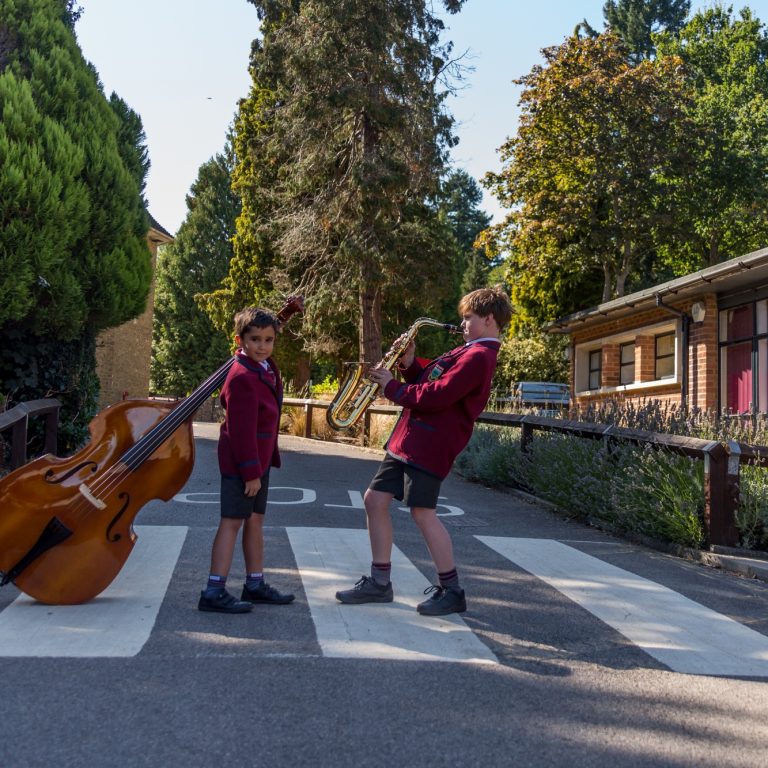The benefits of learning an instrument for children
Without wanting to undermine the proud moment when a child reaches a particular ability level and has built the essential skills to provide a beautiful performance, it is well-established by research that the advantages of investing in some form of musical education extend beyond the ability to play an instrument or entertain an audience.
Stasio Sliwka, Director of Music at King Edward’s Witley says
“Children who play an instrument or sing as part of an ensemble or orchestra are required to work as part of a team”.
This means that they are not only perfecting their musical talents, they are also further improving their ability to perform in concord with their peers. Of course, another benefit of being part of a team is the opportunity it brings to meet likeminded people who share similar interests. As a result, new friendships can be formed, sometimes with individuals with whom a child wouldn’t typically choose to socialise with.
Music lessons are often taught on a one-to-one basis, meaning children are given an opportunity to learn how to communicate with adults. However, it is not just social skills that a child develops through learning an instrument; there are other recognised advantages which are proven to influence a child’s academic performance. Organisational skills and self-discipline are required to achieve success as a musician but can also be applied to other areas of a child’s academic life. Lots of research has also concluded that musical training can be linked with enhanced brain function and, subsequently, higher academic achievement.
The mental and emotional health of our children is high on the public agenda; therefore the substantial curative benefits of music must not be ignored. Engaging in musical activities allows a child to take a welcome break from the stresses of day-to-day life, because they are able to focus on something completely different.





